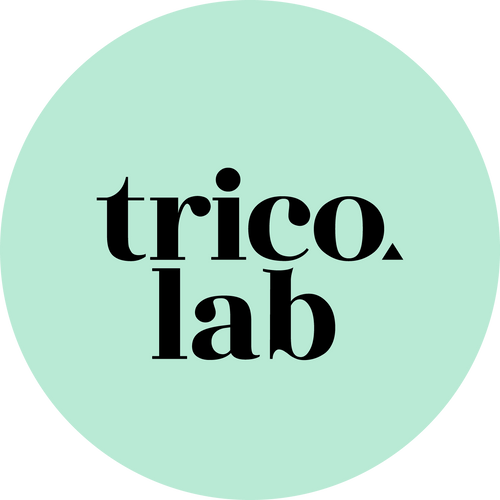As most of us know, sleep is so important. It's essential for the ability to think clearly, be alert and aware, to focus and basically to do anything! Sleep also serves a major role in regulating emotions so maybe it's not that you woke up on the wrong side of the bed but instead that you woke up too often. Not only does it help with how you feel overall at all times, it's also so important for hair health.
Not only does sleep affect how you feel but it also affects how you look. When it comes to hair there are two main issues which you may face when not getting enough sleep.
Oily Hair and Scalp
First, there's the obvious, inadequate sleep, particularly when you're going through something stressful, doesn't leave much time for your regular haircare routine. This then causes your scalp to over produce oil, while this can be easily cleaned up with some dry shampoo, we don't recommend making this a routine. While the occasional late night won't have any major consequences on your hair, long-term sleep deprivation can cause your scalp to go into oil overdrive.
Hair Loss
Sleep is important for protein synthesis of your hair as well as proper release of growth hormone and other helpful hair hormones. Melatonin is a hormone which helps regulate your sleep and wake cycles. Studies have found that it also has an effect on sleep and hair growth; topical melatonin has been shown to increase hair growth, which means that a decrease in melatonin can lead to hair growth. If you find that you can't fit in the recommended hours of sleep, ensure that you're fueling your body with nutritious foods and taking your trico.lab vitamins!
Experts recommend aiming for an average of 7-8 uninterrupted hours of sleep per night. So yes, what I'm saying is, if you're thinking of pressing 'Keep Watching' on your latest Netflix binge, think again. Let's learn more about sleep and how to improve it so your hair doesn't have to suffer.
Stages of Sleep
The different stages of sleep have been divided into one stage of rapid eye movement, also known as REM and four stages of non-rapid eye movement (NREM). The deeper sleep stages are known as slow-wave sleep (SWS), which is the most restorative type of sleep and happens during the first one-third of the night. REM sleep increases as the night progresses and is the longest in the last one-third of the sleep. You know when you think you're getting too much sleep and surely your alarm should've gone off by then? Yeah, then.
The Main Nutrients that Support Sleep
Magnesium
Magnesium has been shown to improve sleep efficiency, time, early morning awakening and levels of our sleep hormone, melatonin.
The best dietary sources of magnesium are dark green leafy veggies, whole grains, beans, avo, dark chocolate and nuts and seeds.
Lavender
Lavender has been shown to be a safe and effective form of intervention for sleep issues. It's so calming and has such a delicious smell but aside from this is also helps to relieve disturbed and restless sleep. It assists in calming the mind and relieving nervous tension throughout your body. If you're ever feeling a little anxious, inhaling the aroma of lavender can calm you right down.
Chamomile
The dried flowers of chamomile contain many flavonoids (toxin fighting antioxidants) which contribute to its medical properties. Chamomile has been used as a sleep inducer and mild sedative to calm the nerves and support anxiety.
Of course, we always recommend our trico.lab vitamins, a healthy diet and exercise to keep your hair and nail health the best they can be however without a good nights sleep your body can suffer. Make sure you're catching enough Z's to keep your health the best it can be!

Back to News